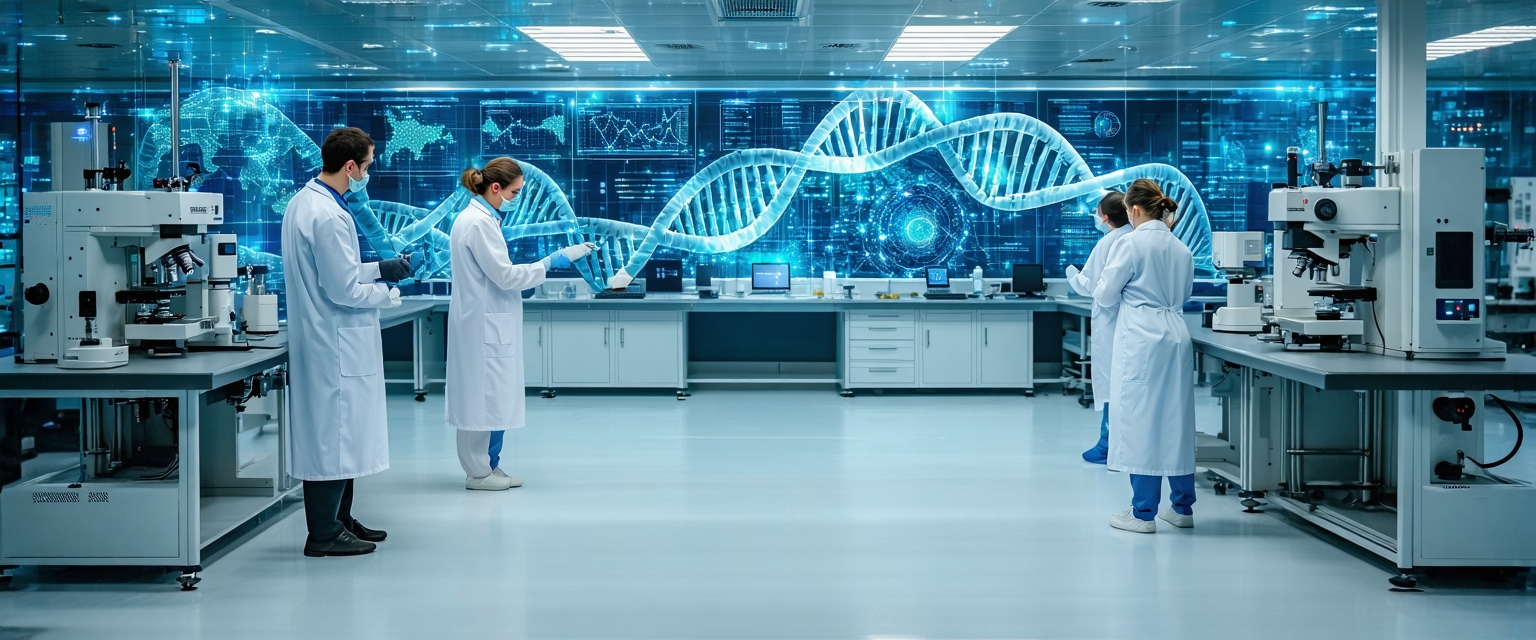






The field of biotechnology is rapidly evolving, with recent advancements significantly impacting gene editing and drug discovery. These developments promise to revolutionize healthcare and various other industries.
Gene editing technologies like CRISPR-Cas9 have shown immense potential in treating genetic diseases. However, challenges remain in terms of off-target effects and efficient delivery systems. Simultaneously, the development of new drugs, particularly for complex diseases like cancer, requires innovative approaches to target specific pathways.
Researchers have recently engineered a more precise version of CRISPR-Cas9, minimizing off-target edits. This enhanced precision significantly reduces the risk of unintended consequences, paving the way for safer and more effective gene therapies. In parallel, advancements in artificial intelligence (AI) and machine learning are accelerating drug discovery by predicting drug efficacy and identifying potential drug targets with greater speed and accuracy than traditional methods.
These advancements have significant implications for various diseases. More precise gene editing could lead to effective cures for genetic disorders, while AI-driven drug discovery could fast-track the development of life-saving medications. This will lead to improved patient outcomes and a reduction in healthcare costs associated with long-term disease management.
Future research will focus on further refining gene editing techniques to enhance efficiency and address remaining challenges. Continued development and integration of AI in drug discovery will be crucial. Ethical considerations surrounding gene editing technologies will also require ongoing discussion and robust regulatory frameworks.